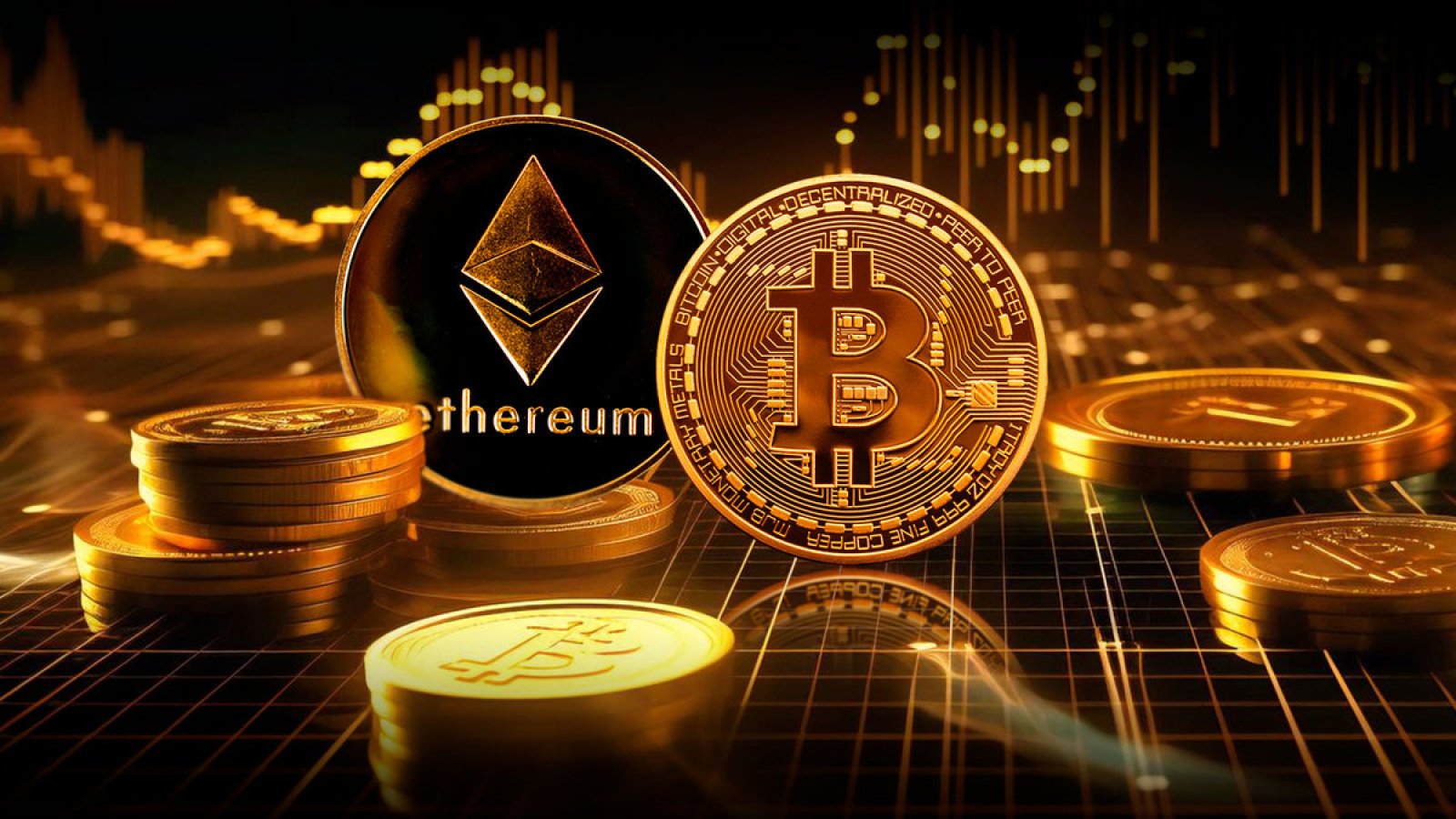Carapeastra Insights
Your go-to source for news and information on a variety of topics.
Ethereum: The Future of Digital Currency or Just a Passing Trend?
Uncover the truth about Ethereum: Is it the future of digital currency or just a fleeting trend? Dive in to find out!
Understanding Ethereum: Key Features and Advantages
Ethereum is a decentralized platform that facilitates the creation of smart contracts and decentralized applications (dApps). Unlike Bitcoin, which is primarily a digital currency, Ethereum serves as a foundation for developers to build and deploy their own applications without needing to rely on traditional financial infrastructures. One of the key features of Ethereum is its ability to enable programmable money, where transactions can be executed automatically when certain conditions are met. This unlocks a plethora of possibilities for sectors including finance, supply chain, and gaming, among others.
The advantages of Ethereum extend beyond technical capabilities. First, its robust community of developers contributes to ongoing innovation and improvements, ensuring that the platform remains at the forefront of blockchain technology. Additionally, the introduction of Ethereum 2.0 aims to enhance scalability and security while reducing energy consumption through its transition to a Proof of Stake consensus mechanism. Overall, understanding Ethereum and its ecosystem is crucial for anyone interested in the future of decentralized technology and its potential to revolutionize various industries.

How Ethereum Powers Decentralized Applications: A Comprehensive Guide
Ethereum is a groundbreaking blockchain platform that enables developers to create decentralized applications (dApps) using smart contracts. Unlike traditional applications that run on centralized servers, dApps leverage the inherent benefits of blockchain technology, including transparency, security, and censorship resistance. Ethereum's unique architecture allows these applications to operate autonomously, governed by the code written within their smart contracts. This autonomy eliminates the need for intermediaries, making dApps more efficient and cost-effective.
To understand how Ethereum powers dApps, it's essential to recognize the role of smart contracts. These contracts are self-executing agreements with the terms directly written into code. When specific conditions are met, the contract automatically executes the agreed-upon actions. This innovation allows for a wide range of applications, from finance to gaming and beyond. For instance, dApps can facilitate decentralized finance (DeFi) transactions, enabling users to lend, borrow, and trade assets without the need for traditional banks. As the ecosystem grows, the potential for innovation on the Ethereum blockchain continues to expand, empowering developers to build increasingly sophisticated and resilient dApps.
Is Ethereum the Future of Finance? Analyzing Its Potential and Challenges
The rise of Ethereum has sparked a revolution in the financial sector, often referred to as 'DeFi,' or decentralized finance. By enabling smart contracts and decentralized applications, Ethereum provides a framework for building financial services that operate without the need for traditional intermediaries such as banks. This innovation opens the door to a variety of opportunities, including lending platforms, decentralized exchanges, and yield farming, all of which provide users with more control over their assets. Additionally, Ethereum's shift to a proof-of-stake consensus mechanism with Ethereum 2.0 aims to enhance scalability and reduce energy consumption, further solidifying its role as a potential leader in the future of finance.
However, while the potential for Ethereum in revolutionizing finance is significant, it is not without its challenges. Issues such as scalability, network congestion, and high transaction fees can hinder user experience and limit adoption. Furthermore, regulatory uncertainty looms large, as governments and financial institutions grapple with how to integrate blockchain technology into existing frameworks while ensuring consumer protection. It's crucial to address these challenges head-on in order to realize Ethereum's vision of a more inclusive and efficient financial ecosystem. The balance between innovation and regulation will be key in determining whether Ethereum can truly embody the future of finance.